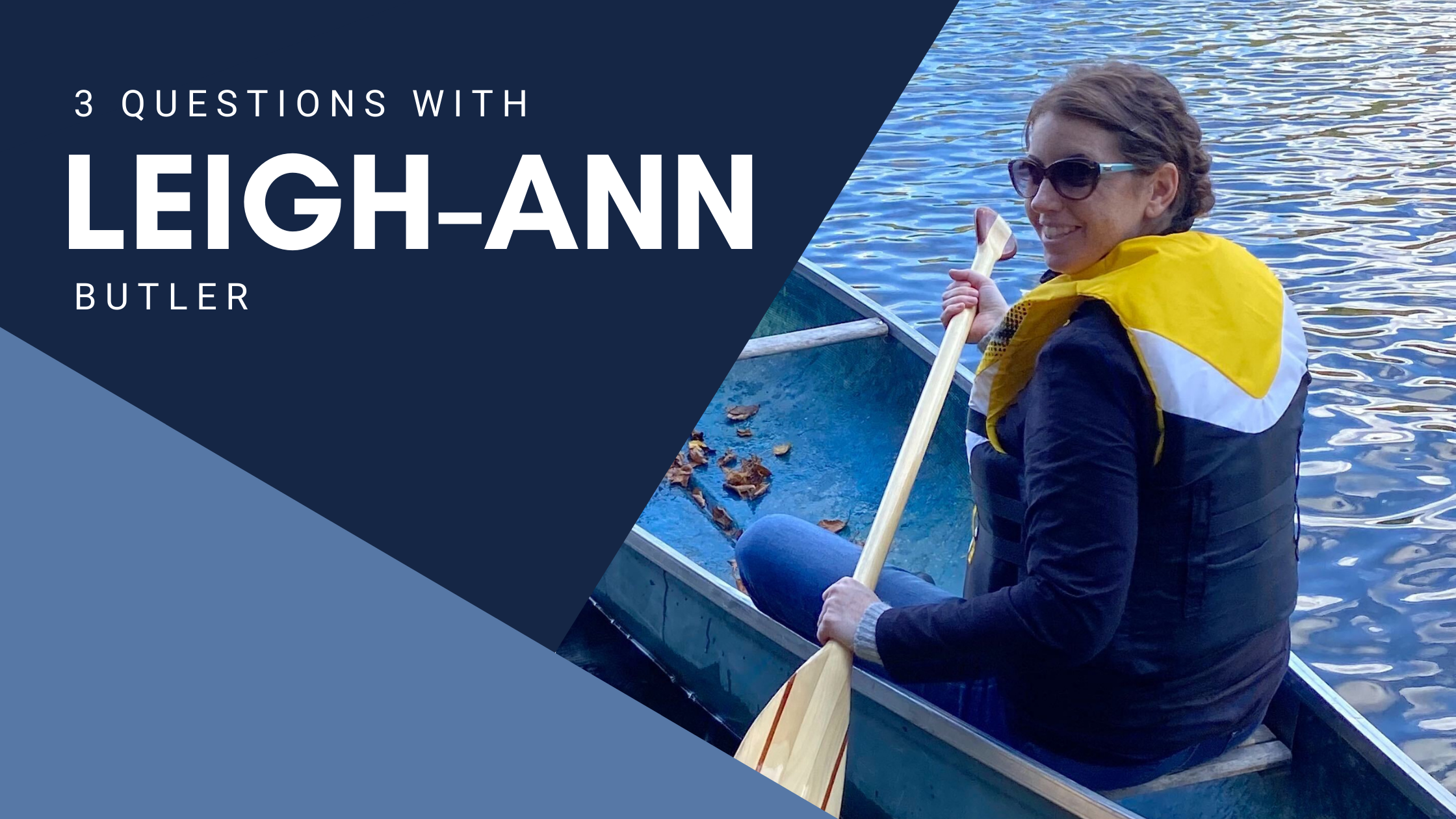
Our lab is growing! In our Three Questions series, we’re profiling each of our members and the amazing work they’re doing.

Our lab is growing! In our Three Questions series, we’re profiling each of our members and the amazing work they’re doing.

Our lab is growing! In our Three Questions series, we’re profiling each of our members and the amazing work they’re doing. Today, we’re highlighting Erica Morissette, a master’s student in Information Studies at the University of Ottawa, a researcher at the ScholCommLab, and a self declared “nature nerd.”

Our lab is growing! In our Three Questions series, we’re profiling each of our members and the amazing work they’re doing. In today’s post, we spoke with Sanam Ebrahimzadeh, a postdoctoral fellow at the Ottawa Hospital Research Institute and a research associate at the ScholCommLab. In this post, she tells us more about her research—a fascinating blend of work on data sharing, scholarly metrics, accuracy reviews, and more.

Alice Fleerackers, Simon Fraser University and Juan Pablo Alperin, Simon Fraser University COVID-19 has not only upended our personal lives, it has dramatically changed scientific research. In response to the rapid spread of the virus, scientists around the world have had to find new ways to collaborate and solve problems, all at speeds previously thought unimaginable.

Our lab is growing! In our Three Questions series, we’re profiling each of our members and the amazing work they’re doing. Today, we’re highlighting Michelle La, a master’s student studying the subculture of sneaker enthusiasts at Simon Fraser University (SFU) and a research assistant at the ScholCommLab.

Press release originally published by Simon Fraser University on January 6, 2021 A new SFU-led study finds that almost half of media stories in early 2020 featuring COVID-19 ‘preprint’ research—research that has not yet been peer-reviewed—accurately framed the studies as being preprints or unverified research.

Our lab is growing! In our Three Questions series, we’re profiling each of our members and the amazing work they’re doing. Today, we’re highlighting Leigh-Ann Butler, a master’s student at the University of Ottawa’s School of Information Studies, a Policy Analyst at the Natural Sciences and Engineering Research Council (NSERC), and a research assistant at the ScholCommLab.

Our lab is growing! In our Three Questions series, we’re profiling each of our members and the amazing work they’re doing. Today, we’re highlighting Isabella Peters, a new research associate at the ScholCommLab and a professor of Web Science at the ZBW Leibniz Information Centre for Economics and CAU Kiel University.

Our lab is growing! In our Three Questions series, we’re profiling each of our members and the amazing work they’re doing.

Our lab is growing! In our Three Questions series, we’re profiling each of our members and the amazing work they’re doing. Today, we’re highlighting Anton Ninkov, a recent graduate of Western University’s PhD in Library and Information Science program and the ScholCommLab’s newest postdoctoral fellow. In this post, he tells us more about what he’s up to inside and outside of the lab.

Our lab is growing! In our Three Questions series, we’re profiling each of our members and the amazing work they’re doing.